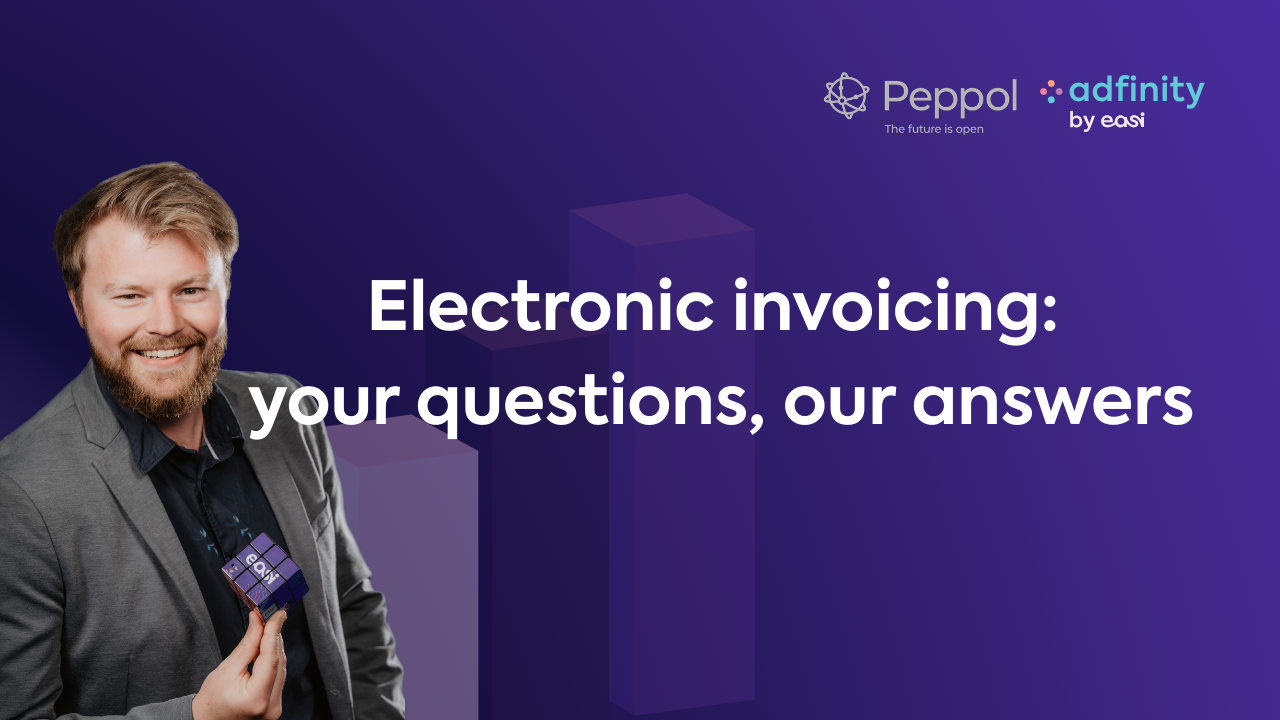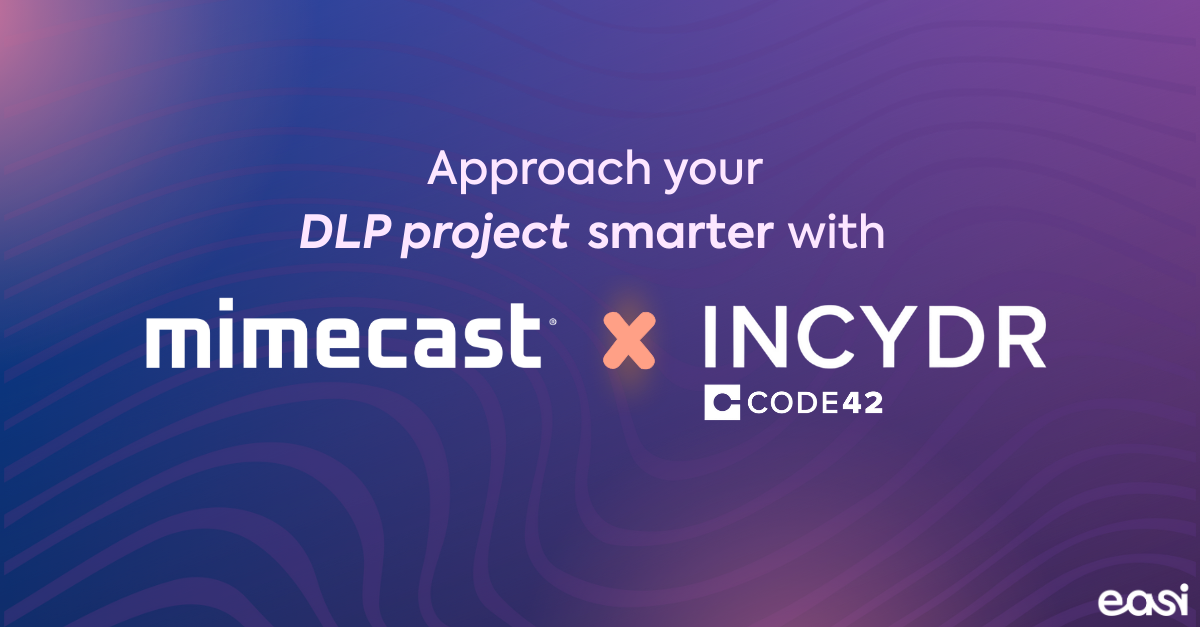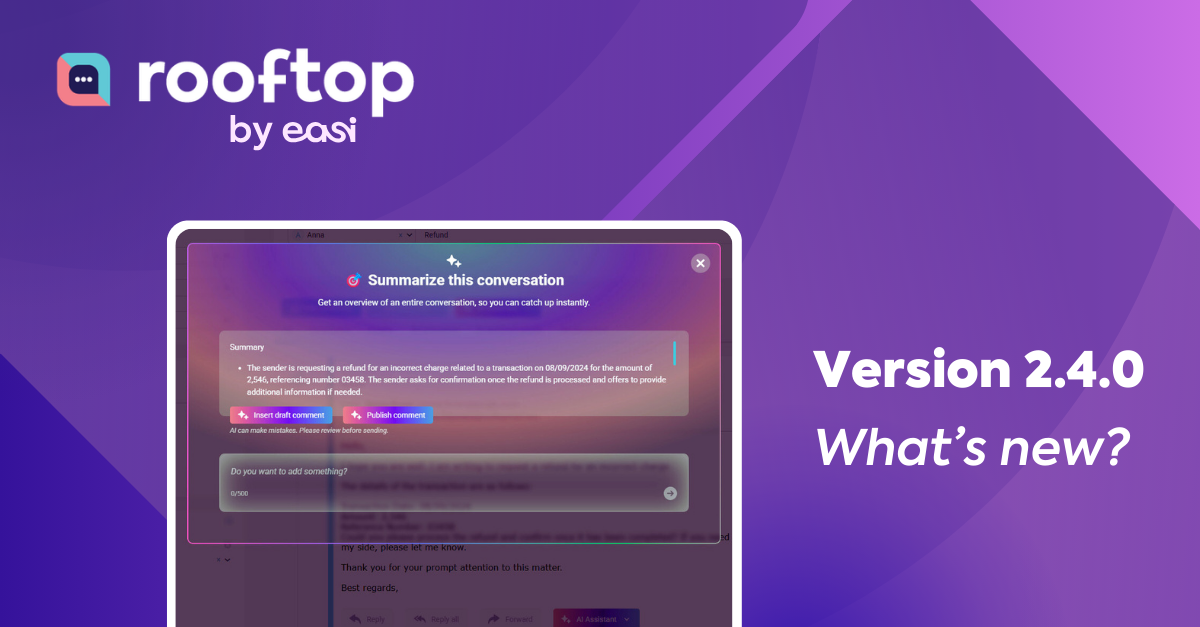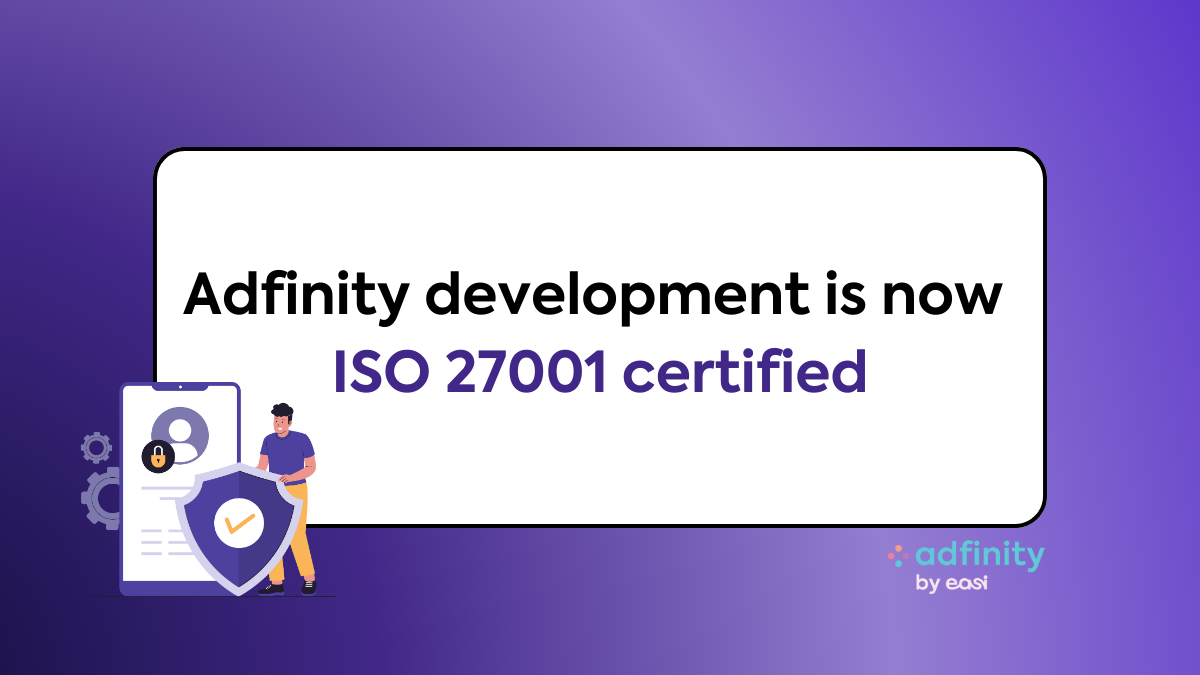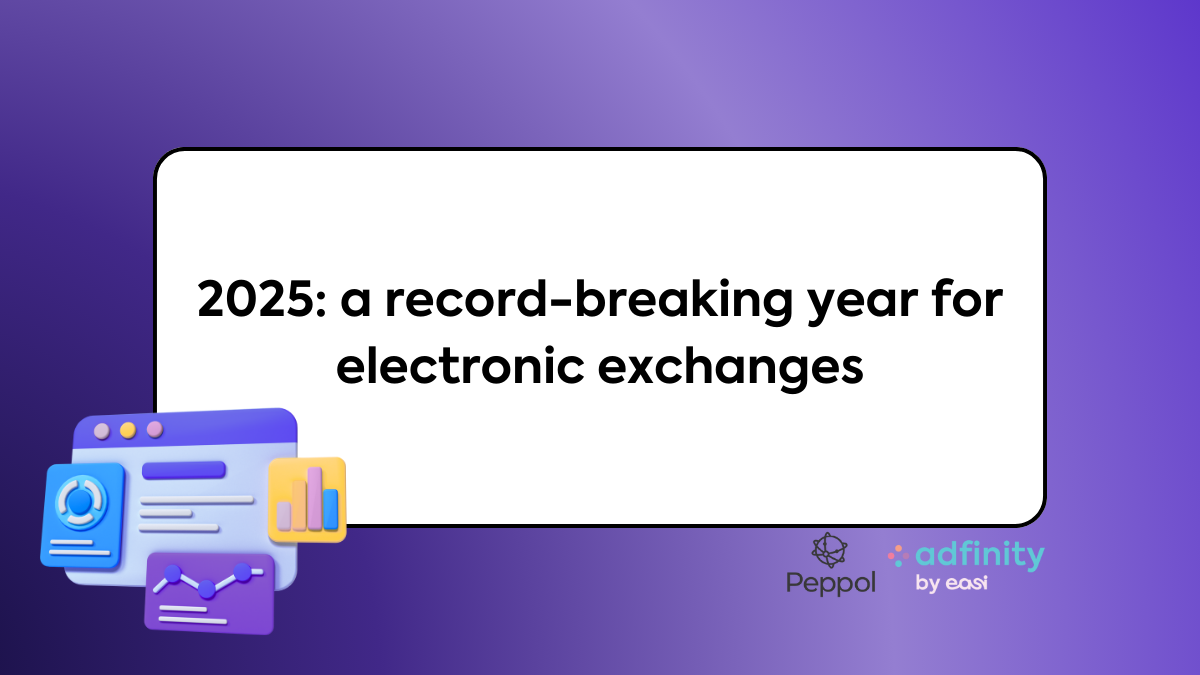Recent developments around electronic invoicing in Belgium mark an important shift toward digitization. There are a number of key dates and rules relevant to this transition. We explain them in an article that always includes the latest updates. (Update: situation outline, February 2024)
What exactly is Electronic Invoicing or e-invoicing?
Electronic invoicing, also known as e-invoicing, as the name implies, is the process of sending, receiving, and processing invoices in a fully digital format. By this we do not refer to the invoices you send to your customers via e-mail in PDF format. These have proven to be useful by far, but by no means offer all the benefits of e-invoicing.
Electronic invoices are created in a digitally structured data format, such as XML or UBL (Universal Business Language). To achieve the move to digital invoicing, the federal government has chosen the European Peppol network. PEPPOL (Pan-European Public Procurement Online) is an international standard for sending, receiving and processing electronic invoices.
That all sounds very technical, but what you need to remember is that these structured formats can easily be processed automatically by accounting systems such as Adfinity. This automation helps reduce errors, increases the speed of transactions, and improves overall efficiency. And that is just one of the reasons why it is now becoming mandatory.
Electronic invoicing, mandatory for whom and from when?
On September 29, 2023, the following press release was issued: "Minister of Finance, Vincent Van Peteghem, has reached an agreement in the Council of Ministers on the mandatory introduction of digital invoicing (e-invoicing) between companies as of January 1, 2026."
"The move to digital invoicing is important in order to reduce the VAT gap, the difference between what the government should receive in VAT revenue and what the government actually receives, and to focus on continued administrative simplification. A generous transition period is provided to give everyone a chance to adapt to the new way of working."
"A generous transition period is provided to give everyone a chance to adapt to the new way of working"
Especially the last part interests us because there is still a lot of ambiguity about this to this day. Let us explain:
Mandatory Electronic Billing to Government.
From March 2024, electronic invoicing will become mandatory for government procurement contracts. This concerns contracts worth more than €3,000 (excluding VAT), while the obligation already applied to contracts above €30,000 since May 1, 2023. This step is part of a European strategy to increase the efficiency and accuracy of invoicing processes.
Implementation for B2B Transactions.
There is a proposed transition to mandatory electronic invoicing for business-to-business (B2B) transactions starting Jan. 1, 2026.
On February 2, 2024, the Belgian Parliament approved a legislative amendment to the VAT regulations paving the way for mandatory business-to-business (B2B) electronic invoicing by January 1, 2026.
For the implementation of this electronic invoicing in B2B transactions, a phased approach was initially proposed. This phased approach takes into account the size and turnover of companies, giving smaller companies more time to adapt. However, the standard is this:
All transactions that take place between companies must be properly recorded even now. What is certain is that after Jan. 1, 2026, you can assume that this must be done completely electronically. Important to know: sending a PDF by e-mail will therefore not be sufficient from then on.
Differences Between e-invoicing in B2B, B2C and B2G
So what about consumers? Are we going to be billed for a pint at the pub via MyMinFin or via My Ebox from now on? Well no, for now it seems that for business-to-consumer (B2C) transactions will not become mandatory. Although we don't want to pronounce on this too early 😀 At this time, it is not yet clear whether e-invoicing will become mandatory for B2C after 2026.
For business-to-government (B2G) transactions, electronic invoicing is already a requirement.
Fiscal incentive for e-invoicing
From January 1, 2025, investments in e-invoicing can be deducted 120% on tax returns.
In addition, these regulations also include the deductibility of consulting costs related to compliance with legal requirements. This tax incentive is valid for tax years 2024 through 2027.
Feel free to ask us your questions
If you have any questions regarding electronic invoicing or the implementation of Peppol, please do not hesitate to ask us using the form below.
